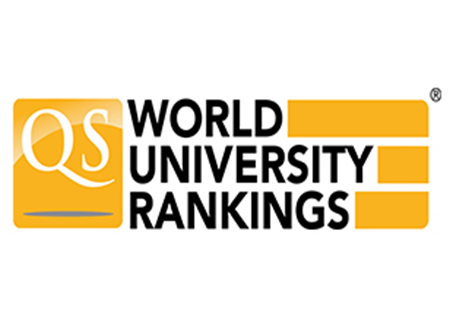Views: 1736
Last visit: 2024-04-27 06:11:10

QS World University Rankings is an annual publication of university rankings by Quacquarelli Symonds (QS) in partnership with ELSEVIER. Previously known as THE-QS World University Rankings, QS had collaborated with Times Higher Education (THE) magazine to publish its international league tables from 2004 to 2009 before both of them started to announce their own versions.
The primary aim of the QS World University Rankings is to help students make informed comparisons of leading universities around the world. Based on six performance indicators, the rankings are designed to assess universities in four areas: research, teaching, employability and internationalization.
QS releases an annual report that classifies more than 30 thousand universities around the world arranged by academic and scientific standards.
Many universities in the world have praised this assessment, which has become a measure followed by universities to improve their performance.
Ranking in indicators
The methodology for the QS World University Rankings: Arab Region differs from the global ranking, using different indicators and changing the weighting of existing indicators. The research excellence element, that exists in all of our regional rankings, is based on data from Scopus, the world’s largest abstract and citation database of peer-reviewed academic literature.
QS has undertaken extensive consultation with university leaders in the region to identify a suitable methodology – over 100 academics attended a QS methodology fact-finding meeting in Abu Dhabi in May 2014.
In the 2019 edition, we added an additional indicator, International Research Network, making it ten indicators overall.
Benha University © 2020 Designed and developed by portal team - Benha University